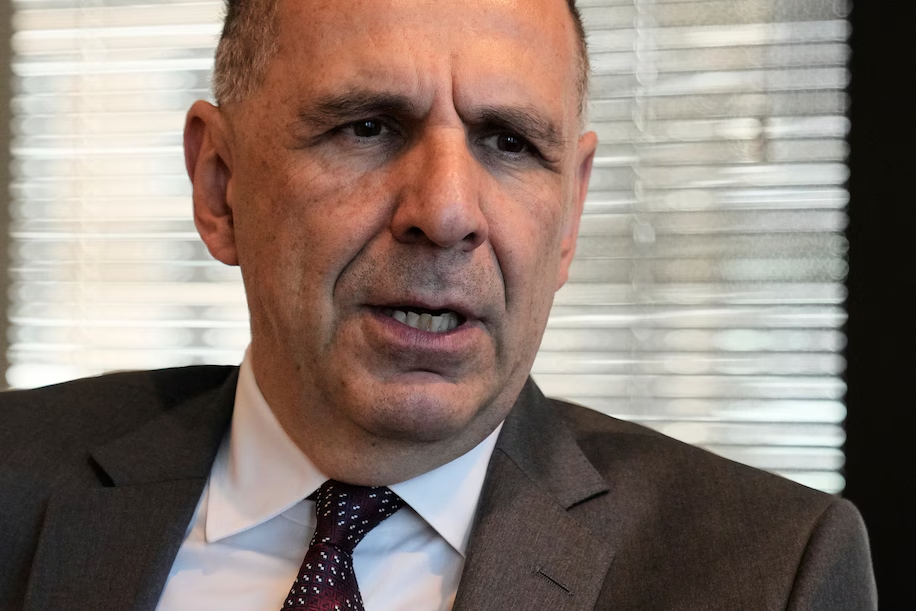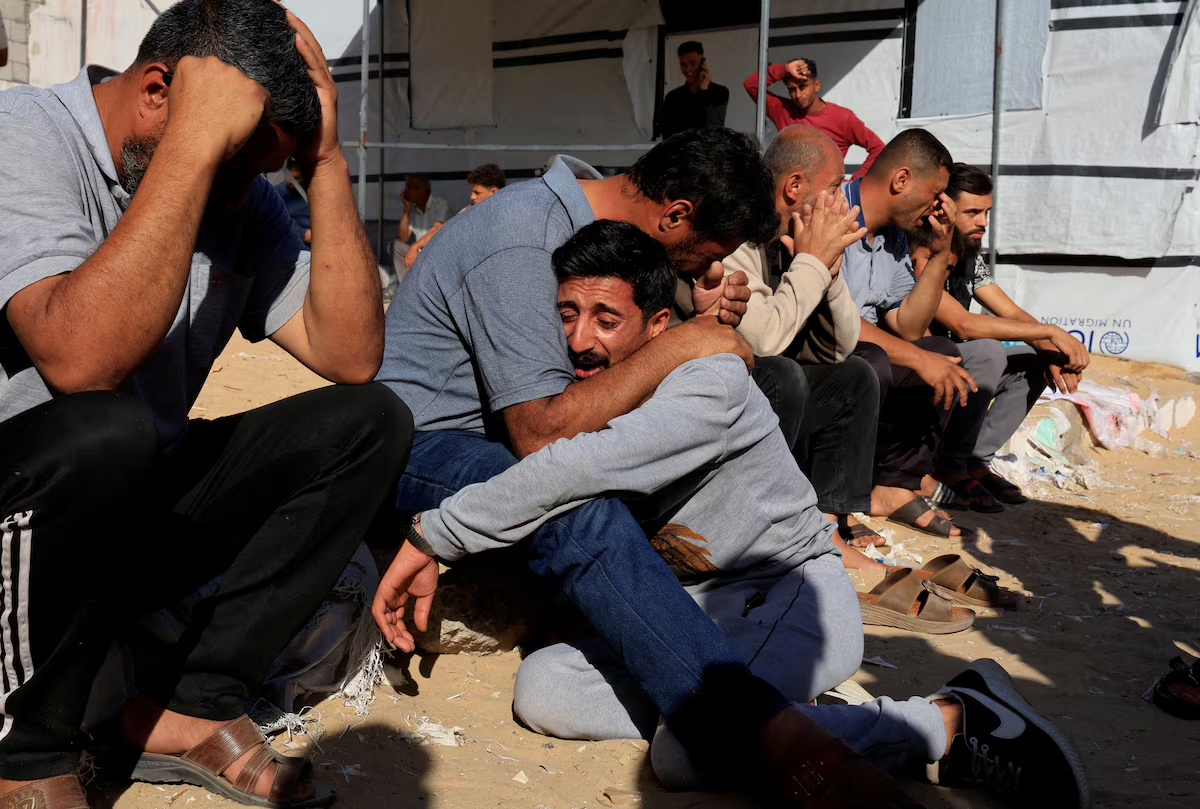Greek Foreign Minister Giorgos Gerapetritis delivered a stark message to the United Nations on Monday, condemning the ongoing war in Gaza as a “nightmare” and warning of a broader deterioration in global democratic norms and international cooperation.
Speaking during a special UN session on the Middle East and global conflict resolution, Gerapetritis called for an immediate ceasefire in Gaza, describing the death toll and humanitarian crisis as a stain on the international community’s conscience. “What is happening in Gaza is not merely a regional conflict—it is a humanitarian catastrophe that reflects the failure of our institutions to prevent mass suffering,” he said.
He expressed solidarity with both Israeli and Palestinian civilians but sharply criticized the scale of Israel’s military campaign. Gerapetritis referred to the more than 53,000 Palestinians killed since the start of the war in October 2023, calling the figures “unbearable.” He stressed the need for humanitarian corridors and the protection of civilian infrastructure.
While acknowledging Hamas’s responsibility for initiating the conflict with its attacks on Israel, the Greek minister stated that retaliation must not erase international legal boundaries. “Justice and proportionality are cornerstones of international law,” he emphasized. “A response cannot become worse than the crime.”
Gerapetritis’s speech also turned attention to the war in Ukraine, reiterating Greece’s continued support for Ukrainian sovereignty and urging greater European resolve against Russian aggression. He praised Ukrainian resilience and warned that if democratic nations do not maintain pressure on Moscow, authoritarianism will gain further ground globally.
“Russia’s invasion of Ukraine is not only about borders—it is a battle over the future of the rules-based order,” he said. “We cannot afford to falter.”
The Greek foreign minister used the occasion to voice concern over what he sees as a weakening of global democratic institutions, fueled by populism, nationalism, and indifference. He cited the erosion of democratic norms within the UN system, the lack of unity among EU member states, and the increasingly transactional nature of international politics.
Without naming names, Gerapetritis appeared to allude to recent political shifts in Western democracies—particularly in the U.S., where President Donald Trump’s administration has taken a less multilateral approach to global crises. He warned that the normalization of authoritarian rhetoric and tactics is making the world more unstable and less just.
“If we abandon diplomacy, dialogue, and the law, we are inviting chaos and tyranny,” he said.
Gerapetritis also called for urgent reforms at the United Nations, including expansion of the Security Council and mechanisms to hold permanent members accountable when they abuse veto power to block humanitarian actions. “The paralysis of this body in the face of catastrophe is unacceptable,” he said.
The Greek official’s remarks were met with applause from several European and Latin American delegates but received a cold reception from Israeli and Russian representatives, who accused him of bias and political posturing.
Nonetheless, Gerapetritis’s speech reflects a growing frustration within the international community over the failure to prevent escalating global crises—from the devastation in Gaza to the grinding war in Ukraine and beyond. His appeal adds to mounting calls for more assertive international action and a reinvigoration of democratic principles in global governance.
“We must not let fear, fatigue, or cynicism replace the hope that built this institution,” he concluded. “If we do, then the nightmare will not end in Gaza. It will spread.”
Source: The Washington Post



